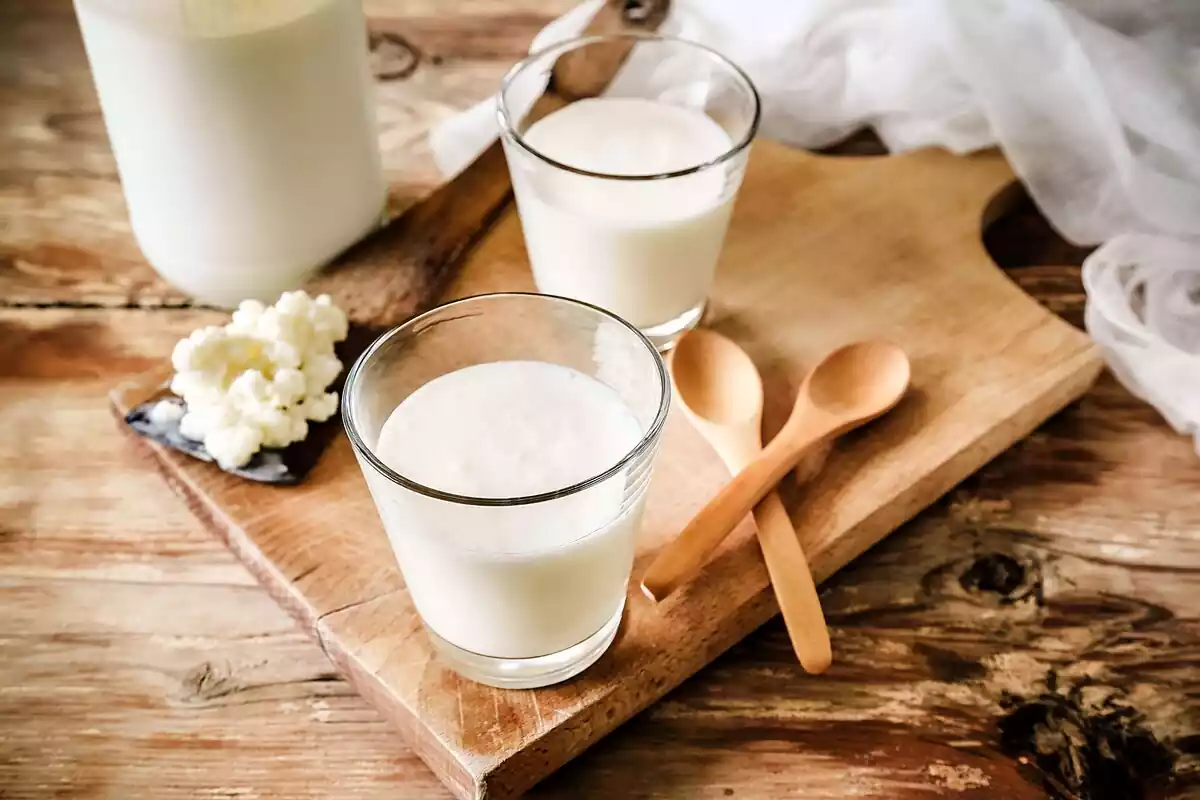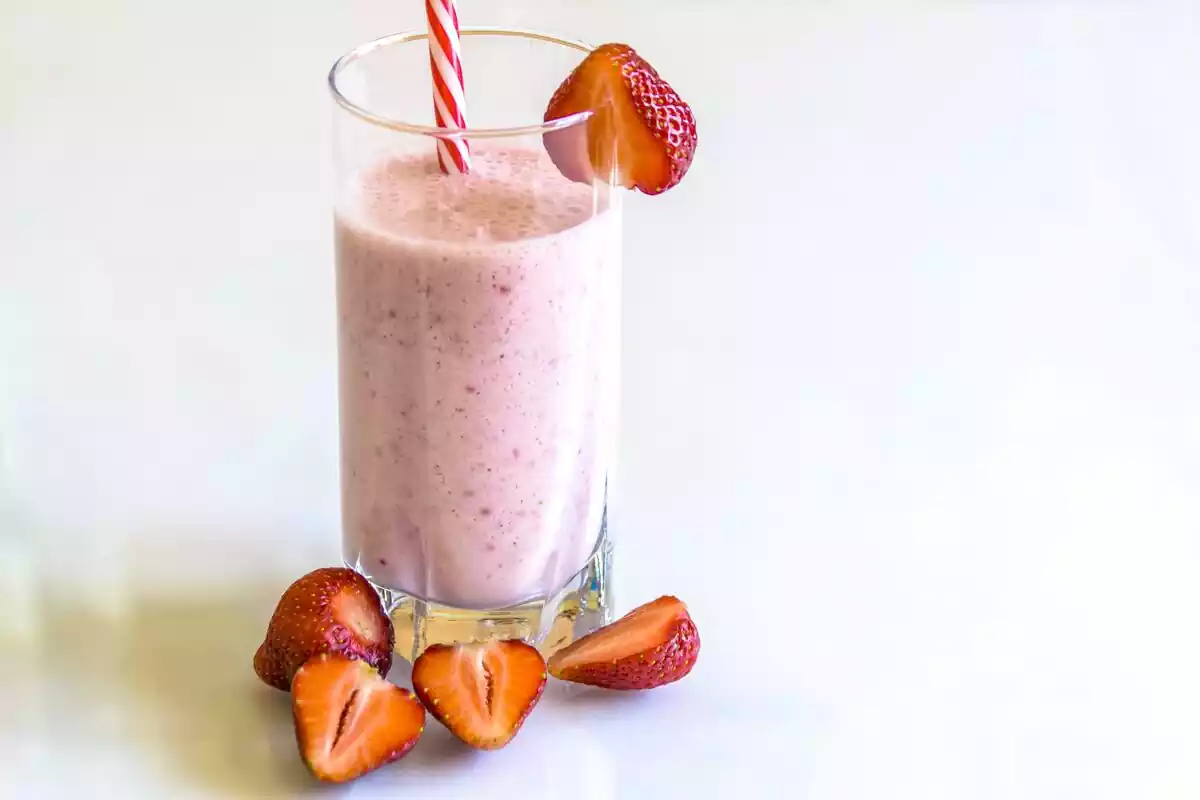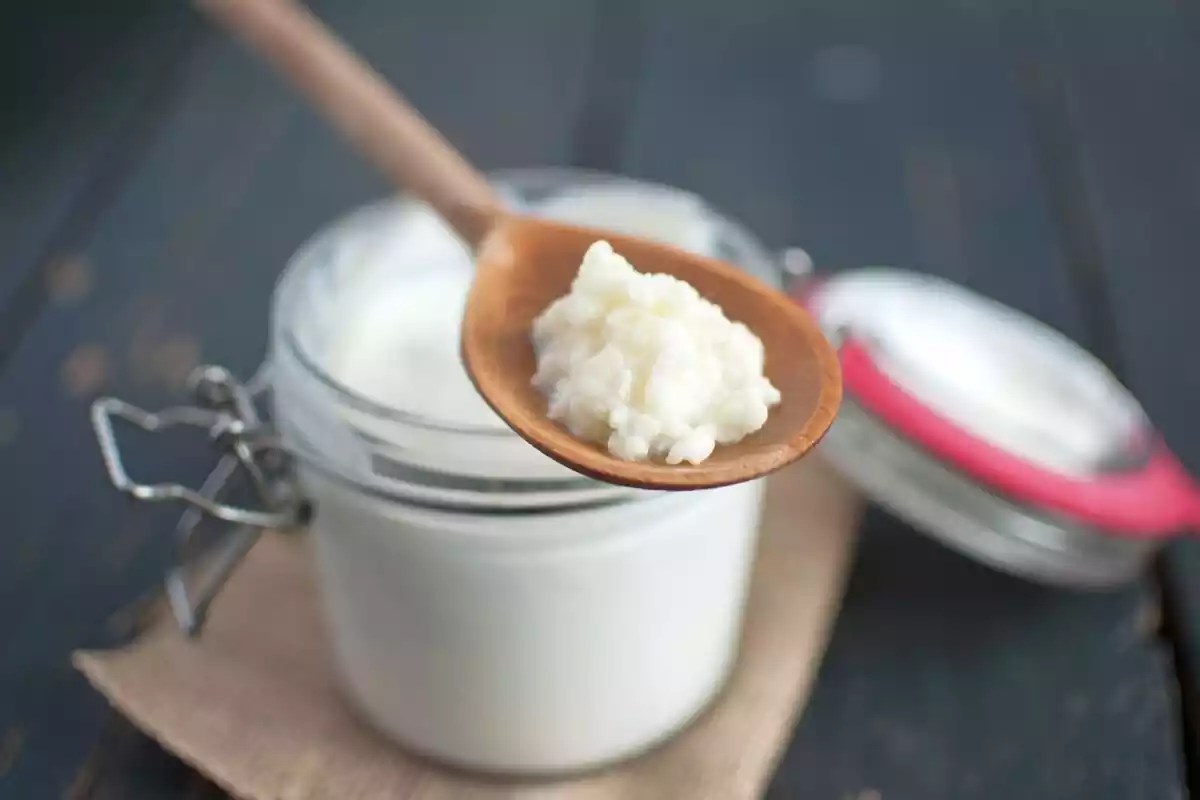Probiotic foods have become extremely popular recently due to the countless benefits that they provide to the body. Although there are many probiotic foods on the market, kefir is one of the most popular types.
The health benefits of varieties like coconut, water, and milk kefir are now more relevant than ever since healthy living has now become a priority for many people. In this article, we uncover what kefir is and how it can benefit our health.
What is kefir?
Kefir is traditionally a dairy product whose origins go back to the roots of popular European and Asian medicine, specifically to Russia, the Caucasus Mountains, and Central Asian countries.
According to these traditional practices, this product can improve gastrointestinal problems significantly. This food is jam-packed with nutrients and probiotics that are essential to the immune and digestive functions.
So, what is kefir exactly? It is made up of large grains formed by a combination of bacteria and yeast. To be more specific, these kefir grains containa highly complex microbial mix of lactic acid and yeast bacteria.
Once these grains have formed, they can be mixed with any type of milk to make a lightly fermented beverage even suitable for those who are lactose intolerant.
Although in modern times the production method is now more mechanical, traditionally this dairy product was fermented at room temperature and usually at night. The fermentation of the lactose gives rise to a sour carbonated drink, and its consistency is similar to diluted yogurt.
A fun fact: the original version was prepared inside of goatskin bags. These bags were hung at the entrance of the home so that everyone who walked by could take a turn hitting them. This helped to make sure that the milk and the grains were always well mixed.
Types
As mentioned beforehand, kefir can be made with almost any liquid dairy product or with water. Some of the most popular blends are with milk, coconut milk, and water.
Although the preparation method is quite similar no matter what you choose to mix it with, each one of these different types possesses features that make it unique.
Milk kefir
The cow milk variety is the best known and most widely sold all over the world. Besides being the traditional blend, it is the most flavorful type and is the most similar to yogurt.
However, currently, the original product made from sheep, goat milk, and lactose-free milk is also available.
Water Kefir
Unlike the original version, the fermentation process for this type involves combining the grains with sugar water. However, this sugar almost entirely disappears during the fermentation process.
Water kefir is fat-free making it much lower in calories and sugars, and it can be stored for a much more extended period of time.
Coconut water kefir
Finally, one of the newest and most popular combinations is the coconut water variety. Here, the grains are fermented with fresh coconut water to get the final product.
This variety retains the original probiotic properties of the traditional product in addition to coconut water's, which is what makes it so popular. Coconut water is rich in vitamins and healthy mineral salts.

Benefits
As mentioned throughout the article, kefir stands out from other probiotic lactose products due to its numerous health properties and benefits. Here are a few examples:
Favors the immune system
Thanks to its nutrients, such as vitamin B7 and folic acid, this probiotic bolsters the immune system and helps to protect cells.
Likewise, its probiotics help to protect and defend the body against bacteria like salmonella and E. coli, and many other predatory bacteria.
Kefir also contains a unique compound called kefiran, an insoluble polysaccharide, proven effective in reducing cholesterol and improving blood pressure levels.
Improves bone density
One of the original milk variety's main properties is its high calcium content. However, even more impressively, it contains bioactive compounds that help the body to absorb the calcium correctly and diminishes bone degeneration.
On the other hand, kefir’s high vitamin k2 content in conjunction with nutrients from milk like calcium, magnesium, and vitamin D, favor the prevention and reduction of bone issues.
Potentially fights cancer
Research on the benefits of this dairy product point to it possibly working to combat the propagation of cancer cells.
Different compounds present in kefir may promote the self-destruction of cancer cells present in the stomach, and also reduce the number in the breasts.
However, we should be cautious with these results since they are not definitive. This is by no means a cancer cure or treatment, and should not be used as a substitute for medical therapies.
Favors digestion
Our gastrointestinal system always needs to maintain a fragile balance. The probiotics present in milk, water, or coconut water kefir, favor intestinal equilibrium by supporting the digestion process and evading conditions such as ulcers and irritable bowel syndrome.
This dairy product is also highly beneficial after antibiotic treatments. This is because probiotic compounds help to restore the flora lost due to the pathogens, and fight the gastrointestinal side effects of these medications, like disruptive diarrhea as well.

Improves skin
Related to the prior point, sometimes intestinal malfunction can also cause skin problems such as acne, skin rashes, psoriasis, or eczema.
As a consequence, kefir's beneficial bacteria help to maintain the skin's homeostasis, reducing the severity of these conditions. Also, traditionally, this product was used as a treatment for burns and rashes.
Improves lactose intolerance symptoms
More and more people are starting to experience some degree of lactose intolerance caused by digestive problems. However, kefir's active ingredients favor the digestion of dairy products, since they work to break down the lactose in lactic acid.
Antibacterial properties
Some hypotheses out there suggest that some of the probiotics present in kefir have benefits that could prevent infections.
Certain studies show that Lactobacillus kefiri, a probiotic exclusively found in this food, can inhibit the growth of several harmful bacteria like Salmonella, Helicobacter pylori, and E. coli.
Improves allergy and asthma symptoms
It's commonly known that allergic reactions are caused by an inflammatory response as a reaction to certain foods or substances.
Studies done on animals reveal that kefir can suppress inflammatory responses related to allergies or asthma. However, further research still needs to be carried out with human subjects to confirm this fact.
How to make kefir
If you prefer to make your own kefir milk instead of buying it at the store, you can make it with this simple recipe. This way you can make sure you consume this food in its most natural state so that it is as beneficial as possible. To do this you'll need:
- 15-30 grams of kefir grains
- 500 ml milk (preferably organic or raw)
- milk fat or cream (if you want it to be thicker)
These grains are easy to find at any health food store and they're even available at some shops online.
The first step is to place the kefir grains in a small jar (the more you use, the faster it will grow). Then, add milk and leave about 2.5 cm of space at the top of the jar. Now's the time to add the milk fat or cream if you're looking for a thicker result.
After, put the lid on and leave the jar at room temperature for between 12 and 36 hours. You'll know it's ready when the texture starts to get lumpy. Finally, very carefully strain the liquid. If you want, you can use the grains again by adding more milk and repeating the process.
In this video you'll see another recipe to make your own homemade kefir:
References
Farnworth, E. R. (2005). Kefir: a complex probiotic. Food Science & Technology Bulletin: Functional Foods.
Oliveira-Leite, A. M., Miguel, M. A., Peixoto, R. S., Rosado, A. S., Silva, J. T. & Paschoalin, V. M. (2013). Microbiological, technological and therapeutic properties of kefir: a natural probiotic. Brazilian Journal of Microbiology.
